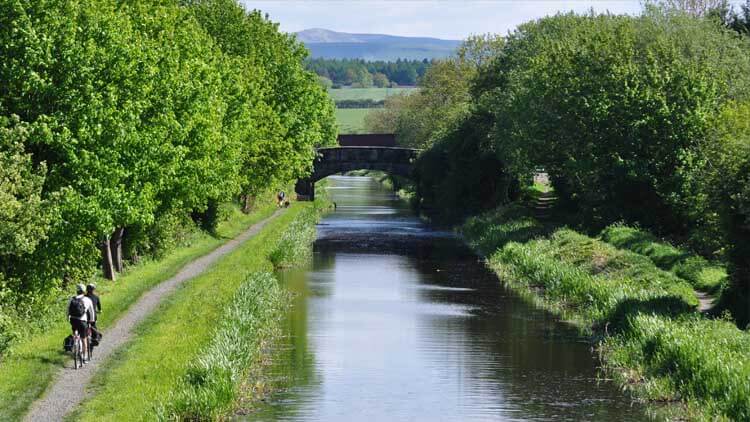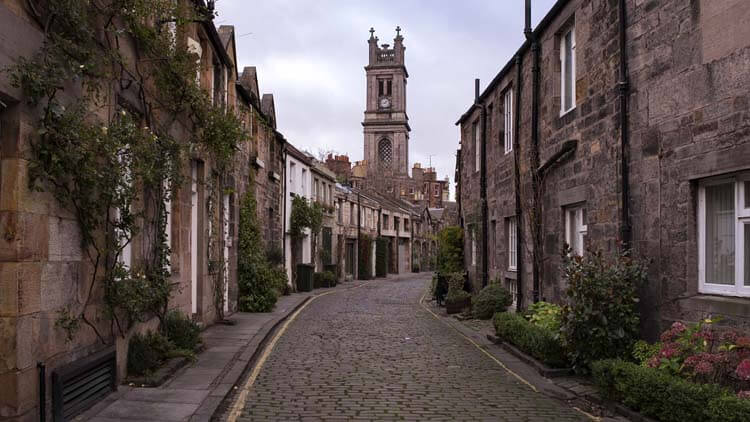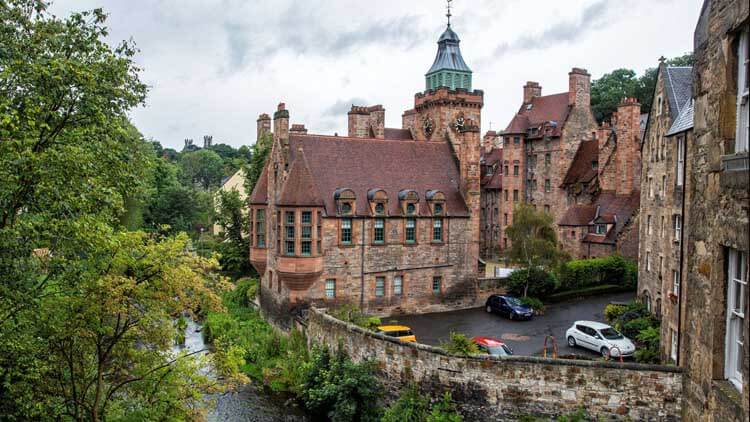When travelling to a new country, many of us want to see and understand local life and culture there, to learn and absorb as much about it as possible.
However, an unfortunate by-product of tourism is the damage it can inflict on the local culture and the environment. Local businesses are replaced by chain hotels and restaurants, and gift shops.
Travelling uses energy and can cause pollution, if we aren't aware of our carbon footprint. And some tourists are ignorant of local customs, which can result in damage to landmarks or harm to the wildlife and the environment.
So how can we continue to travel, explore, and experience other parts of the world, while ensuring we make only a positive impact on these places?

Respect the people
When you travel to a new country, it's important to remember that it will be different to your own home. People there will have their own way of doing things, so be open minded while you are there as a tourist, even if you disagree, or it's not how you would do it yourself. Don’t expect everywhere else in the world to be like your country!
Remember that the locals you encounter when travelling are living their day to day lives when you come in contact with them, so allow them to do so. Be respectful and considerate towards them, taking care to remember that you are a visitor to their home.
Respect their culture and heritage too; it's a good idea to learn about local customs before you go, to avoid causing offence or damage. Behaviours that you might consider normal back home could be seen as rude or inconsiderate to people elsewhere in the world.

Try to support local economies as much as possible too. There's a good chance that while travelling, you'll come across familiar, big, brand names, but these are global companies, making huge profits, often at the expense of smaller businesses. So try to use these local businesses instead, to help them support themselves, and to preserve the culture from being trampled by international giants.
This includes buying locally produced food, and hand crafted souvenirs (not mass produced overseas), and trying the country’s cuisine in authentic restaurants. You will probably learn more about your destination by using these businesses too, be it about the products themselves, or the lives of the business owners.
Be aware of human rights while you travel, especially in places that may have poorer economies. Treat people fairly and humanely, and avoid supporting any trade or business that doesn't meet basic human rights requirements.
If in doubt, research the things you want to see and do in advance to be sure! However, also remember not to give money to beggars or gifts to children, as this fosters the begging economy and encourages more people to do the same, instead of trying to find jobs.
If you do want to help, find some charity or volunteering work you can do, to help give back to people, and to help them get back on their feet again in a more long-term, sustainable way.

Respect the environment
As well as being aware of human rights, be conscious of animal welfare when travelling. Many tourist attractions know that visitors want to see the rare, exotic animals they don't have back home, but too many of them exploit the animals, and treat them cruelly in order to make them perform and behave for tourists.
There are humane ways of seeing local wildlife, where you keep your distance and allow them to live their natural lives, so try to research these before you go, to avoid encouraging these cruel attractions.
Be aware of how much energy you use when travelling, even just by remembering little habits that you should be using back home too. Turn off lights and electronic devices when you're going out - don’t forget to turn off and unplug everything at home before you leave for your travels too!
Don't use excessive heating or air conditioning if you don't have to, or again, while you're out. Don’t get your towels and sheets changed in your hotel every day, as it uses a lot of energy and water to wash them every day, after only one use.
Avoid renting a car and instead use public transport, rent a bike, or walk when possible - remember how much fuel it takes to fly somewhere, so try to offset that carbon footprint once you arrive! Take walking tours in new cities you visit, both to be environmentally friendly, and to support the local economy and learn more about the culture and heritage of your destination.

As well as reducing your energy usage, be aware of your impact on nature in general. Don't pick flowers or any other plants, and especially don't take pieces of coral from the ocean if you're visiting such a location! Don't leave litter anywhere, always find a rubbish bin or take it away with you if you can’t.
Try to recycle your waste whenever possible too, especially common travel items like tickets, maps, and guide books, which can all be put in paper recycling bins! Carry a reusable water bottle and shopping bag, instead of buying and throwing away plastic ones all the time.
Conserve water when you can too, for example, by turning off taps and taking quick showers, especially in countries where water might not be as freely available as you might be used to at home. Try to follow the principle of 'take only photos, leave only footprints', so your impact is as minimal as possible.

Tell your story
Finally, share your travel experiences. If you find other way to travel sustainably, let others know so they can do the same.
Or if you've made mistakes when travelling, share what you learned from those experiences, so others can avoid doing the same thing. And share what you've learned while visiting new places, to help other people be informed before they go, about the local culture, customs, people, wildlife, and environment.
The world is a beautiful, diverse place, so of course many of us want to see as much of it as possible; just remember that to keep it this way, we must be conscientious, respectful, and sustainable in our travels, so future generations can continue to enjoy the world as we have.








